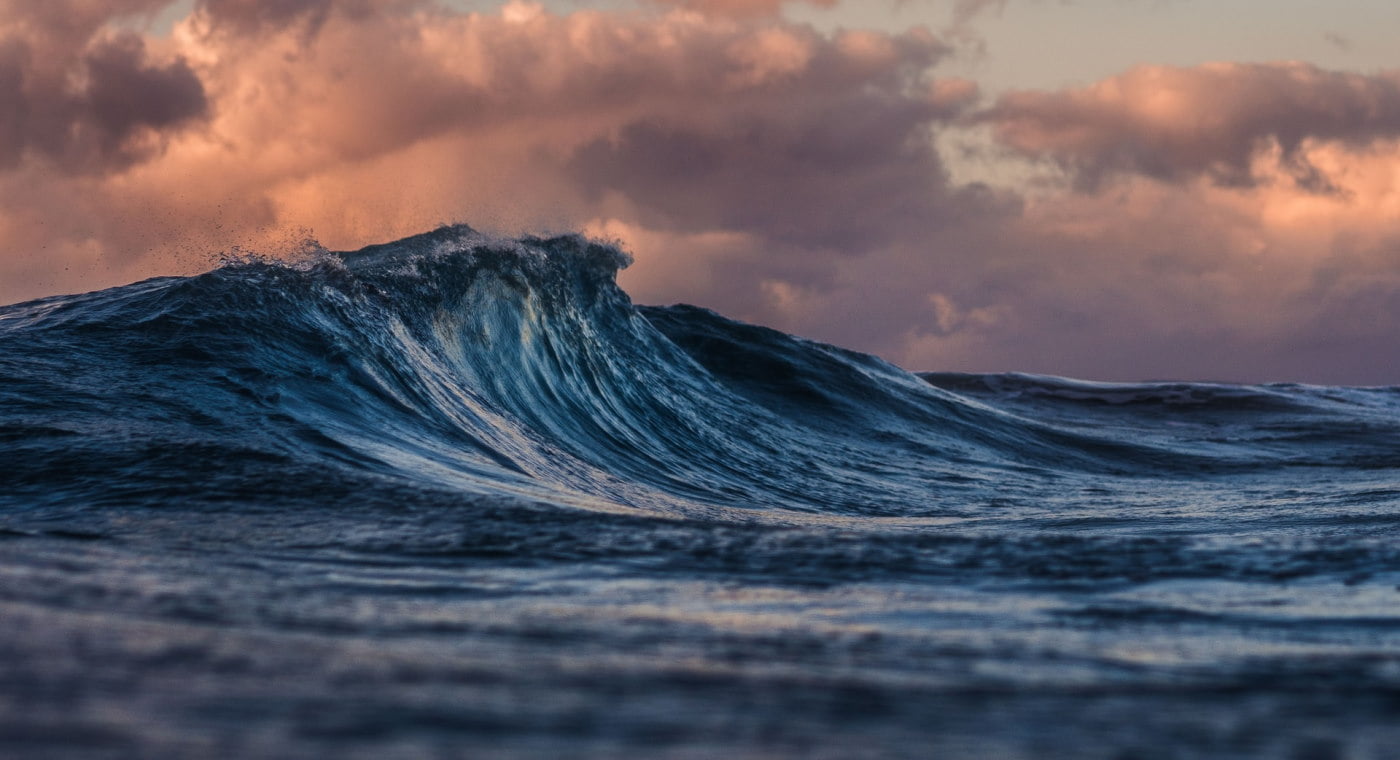In the first month or so of articles on EKO Diena we seem to have talked a lot about forests, and neglected other types of biome, and I don’t think that we are alone in doing that. The UN on the other hand thinks, and is probably right, that we all need to pay more attention to the water covered areas of the planet.
2021 marks the official start of what the United Nations hopes is going to be a pivotal decade for the worlds’ oceans. They are putting together a huge global operation to raise awareness of the many problems that the ocean faces, and to encourage, develop, and put to good use, the scientific research that can help to find the solutions.
The not particularly catchily named UN Decade of Ocean Science for Sustainable Development has been agreed on and in planning stages since December 2017 but there still seems to be a lot to work out and to make final decisions about, including which issues they are going to prioritise and how to go about it. In October last year the project made a call for ideas for programmes and activities that can be carried out under their banner, but the official website still alludes much more to ‘planning and preparation stages’ than much actual concrete information about what they are going to be doing.
Like many large scale initiatives from international organisations, you might find it hard to find a single paragraph summary of exactly what the Decade is all about, so we will try to clear it up a bit.
The project’s motto is “The science we need for the ocean we want” and the real aim here is to encourage decision makers to invest more in ocean science and to find new solutions for tackling major global challenges like climate change.
The UN General Assembly has set out and endorsed seven planned outcomes for the Decade of Ocean Science for Sustainable Development leading up to 2030:
- A clean ocean where sources of pollution are identified and reduced or removed.
- A healthy and resilient ocean where marine ecosystems are understood, protected, restored and managed.
- A productive ocean supporting sustainable food supply and a sustainable ocean economy.
- A predicted ocean where society understands and can respond to changing ocean conditions.
- A safe ocean where life and livelihoods are protected from ocean-related hazards.
- An accessible ocean with open and equitable access to data, information and technology and innovation.
- An inspiring and engaging ocean where society understands and values the ocean in relation to human wellbeing and sustainable development.
Vladimir Ryabinin, the executive secretary of the International Oceanographic Commission (IOC), a branch of UNESCO, says that “basically the ocean is in big trouble.” Speaking in a recent interview with China Dialogue ocean, Ryabinin explained: “The only ocean we can afford to have in the future is one that is scientifically managed. Historically, science has been based on curiosity and discovery. Now the world needs science that is oriented and practical and focused on solutions.”
That’s a statement that is hard to argue with, the time when we could explore, discover, and not worry about the footprint that we leave is long gone. We need to devote those energies and resources to understanding the environmental problems that we’ve already caused, how to mitigate them, and how to not create new ones.
The UN believes that this decade of ocean science will make that possible, but that we have to make the most of it, invest in open sources of data, information and technology, and come up with innovative solution over the next ten years. As Ryabinin says: “The scale is huge but it’s a once-in-a-lifetime opportunity. It’s probably the largest campaign in the history of natural sciences or social sciences.”
To find out more about what the UN Decade of Ocean Science involves, the projects they are supporting and how we can all play a part as individuals or companies, take a look at the official website: oceandecade.org
